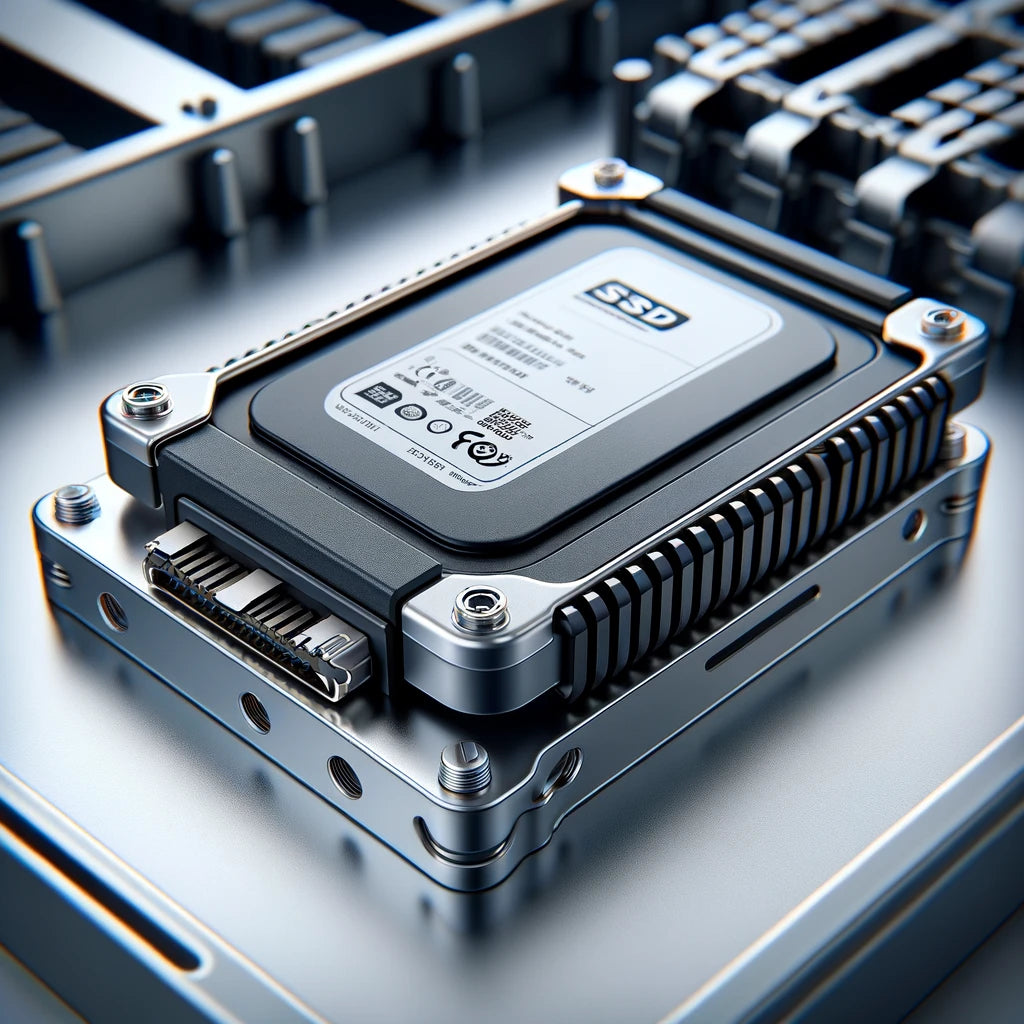Dell PowerEdge R740xd Storage: A Guide to Drive Compatibility
Dell PowerEdge R740xd Storage Guide
In the digital age, the storage capabilities of a server are as crucial as its processing power. The Dell PowerEdge R740xd, a versatile server designed to meet a wide range of needs, offers expansive storage options that cater to both speed and capacity requirements. This blog post intends to explore the server's compatibility with various drive types, speeds and sizes available, and how to maximize storage capacities, ensuring you can tailor the R740xd to your specific storage needs.
Drive Compatibility: A World of Options
The Dell PowerEdge R740xd distinguishes itself with its broad support for different types of drives. It is compatible with both SAS and SATA hardrives (HDDs), cateringto diverse storage needs and performance requirements. Additionally, the server supports cutting edge M.2 and NVMe solid state drives, although these require a specific backplane and chassis configuration. This flexibility allows for a tailored storage setup, whether the priority is maximum speed, capacity or a balanced configuration.
Drive Speeds and Sizes: Tailoring Your Storage Performance
Understanding the speeds and sizes available for each drive type can significantly impact your server's performance and storage capacity. SAS HDDs, known for their reliability and speed, are available in maximum speeds of 15K RPM, with options for 7.2k and 10K RPM for varying needs. SATA HDDs, on the other hand are generally available at 7.2K RPM, offering a cost-effective solution for bulk storage needs. When it comes to Solid State Drives, SAS types provide faster data transfer speeds of up to 12 Gbps, doubling the 6 Gbps rate of SATA SSDs. This distinction is critical for applications requiring quick data transfers and access, making SAS SSDs an ideal choice for high performance environments.
Maximizing Storage Capacities
The PowerEdge R740xd's storage capacity potential is impressive, allowing for configurations that can accomodate extensive data storage
requirements. For 2.5' bays, SAS HDDs can reach up to 2TB, and SATA hard drives up to 2 TB, while SAS or SATA solid state drives
can reach up to 7.68TB. Thus, chassis like the 24 Bay SFF can accomodate 184TB of full capacity for SAS or SATA SSDs.
For 3.5' bays, the capacity increases significantly, with SAS HDDs supporting up to 18TB and SATA up to 16TB. This vast storage
capability makes the R740xd suitable for data-intensive applications, including large databases and data warehousing.
Leveraging Dell Diagnostics and HD Sentinel for Optimal Performance
To ensure that your storage setup remains reliable and efficient, the use of Dell Diagnostics software and HD sentinel is recommended. Dell Diagnostics tool allows for a comprehensive assessment of the server's health, including its drives, ensuring any potential issues are identified and addressed quickly. HD Sentinel provides detailed insights into the health scores and power-on hours of the installed drives, offering deeper understanding of their potential status. These tools are valuable for maintaining the performance and longevity of your storage infrastructure.
Conclusion
The Dell PowerEdge R740xd's storage options offer the flexibility and performance to meet a broad range of data storage requirements. By exploring the compatibility, speeds, sizes, and capacities of the available drives, IT professionals can design a storage strategy solution that perfectly matches the needed requirements. Whether the priority is achieving high-speed data access with SAS SSDs or maximizing storage capacity with large storage capacity hard disk drives. The R740xd indeed provides a solid foundation for our data storage strategy. Uising diagnostic tools like Dell Diagnostics or HD Sentinel further ensures that your server's storage system is performing at ideal and reliable speeds, in order to support your business operations and computations now and into the future.
R740xd ConfiguratorSolid State Drives for the R740xd

